7 Coronavirus Food Myths You Shouldn’t Believe
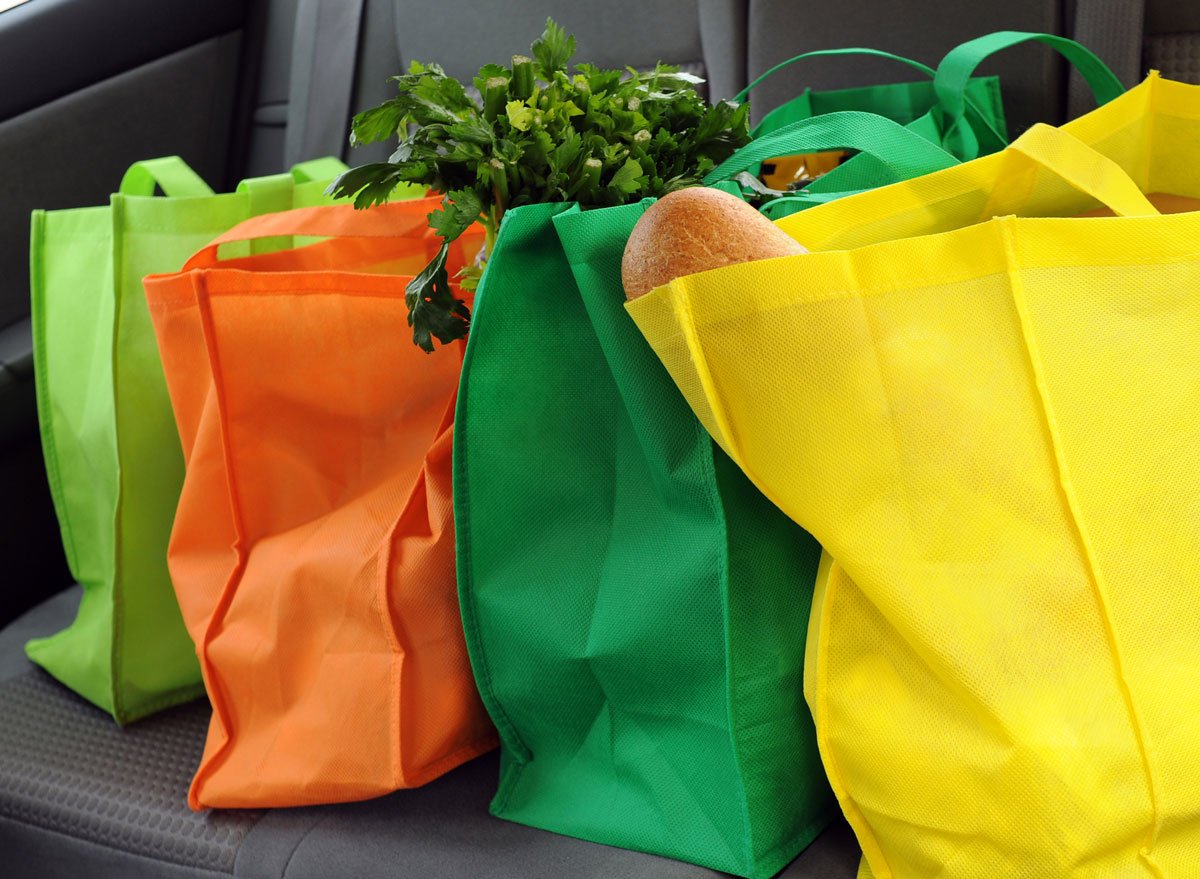
There is a lot of reliable information about the spread of the coronavirus that is readily available to anyone curious. Unfortunately, there is also a lot of misinformation and myths spreading almost as fast as the contagion itself. Given how potentially dangerous the wrong bit of data can be in during this public health risk, it’s just as crucial to be aware of the correct facts as it is to be aware of the wrong information.
There is no question that the coronavirus pandemic is an unnerving experience for everyone. While self-quarantining and social-distancing have created scenes straight from a dystopian movie, we can take solace that human beings are (mostly) united in the common good of trying to greatly lessen the deadly result of this outbreak.
So, stay properly informed, and if you spread anything during this surreal time, spread the truth by debunking these food myths so others around you can stay smart, safe, and properly informed.
Myth: Garlic Soup Is a Cure

A message going viral on Twitter and Facebook suggests that a soup made from boiling eight cloves of garlic in water will “cure” coronavirus.
Though Twitter has no fact-checking feature widely in place, Facebook responsibly tagged the post with a statement that read: “The primary claims in the information are factually inaccurate.” Making garlic soup may make your kitchen smell like boiled garlic, but it will have ZERO effect on coronavirus.
Myth: Drinking Water Can Help You Avoid COVID-19
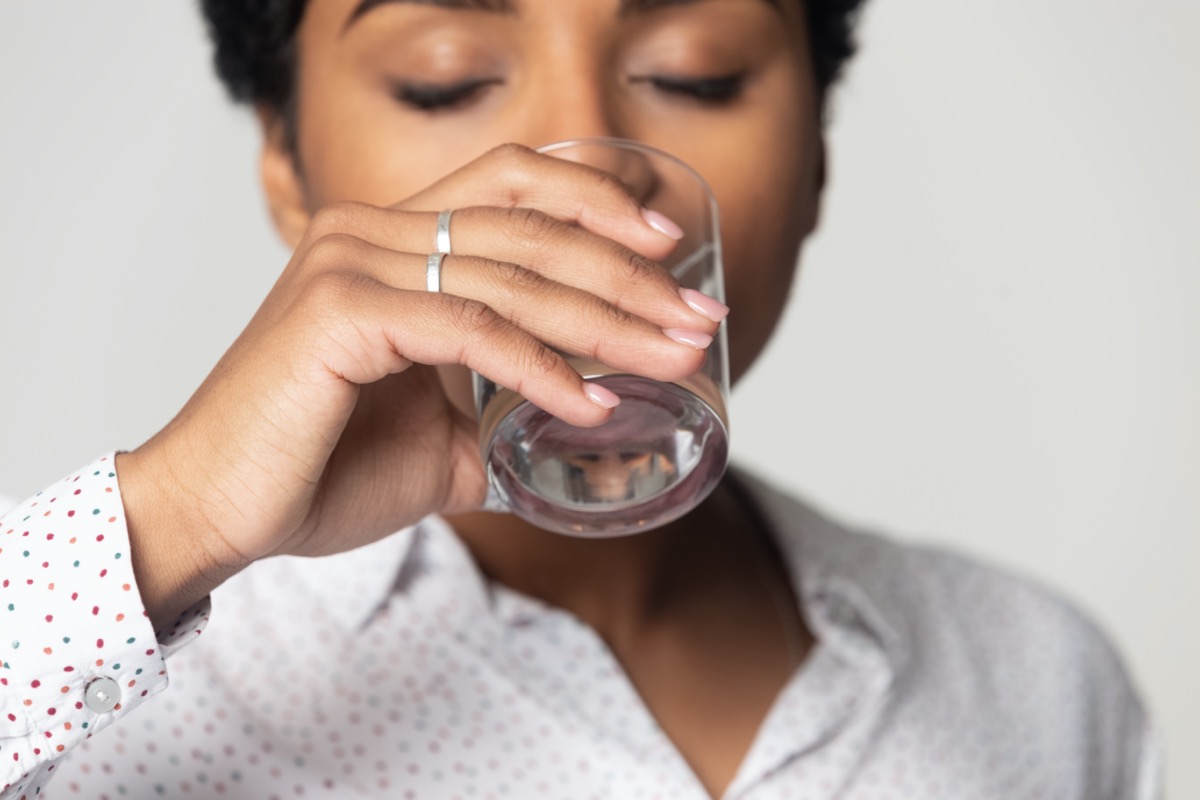
Drinking lots of water through the course of the day is good for you, but will it help you avoid coronavirus? NOPE.
A frequently shared meme on Facebook, Twitter and on text cites an unnamed Japanese doctor that claims drinking water every 15 minutes would wash any virus down the esophagus so it can’t get into our lungs. Turns out, Facebook, Twitter, and text are not reliable places to find medical advice. This simply isn’t true.
It’s always good to hydrate, sure, but it won’t keep the COVID-19 contagion away.
Myth: Avoiding Ice Cream Can Help Keep You Safe from COVID-19
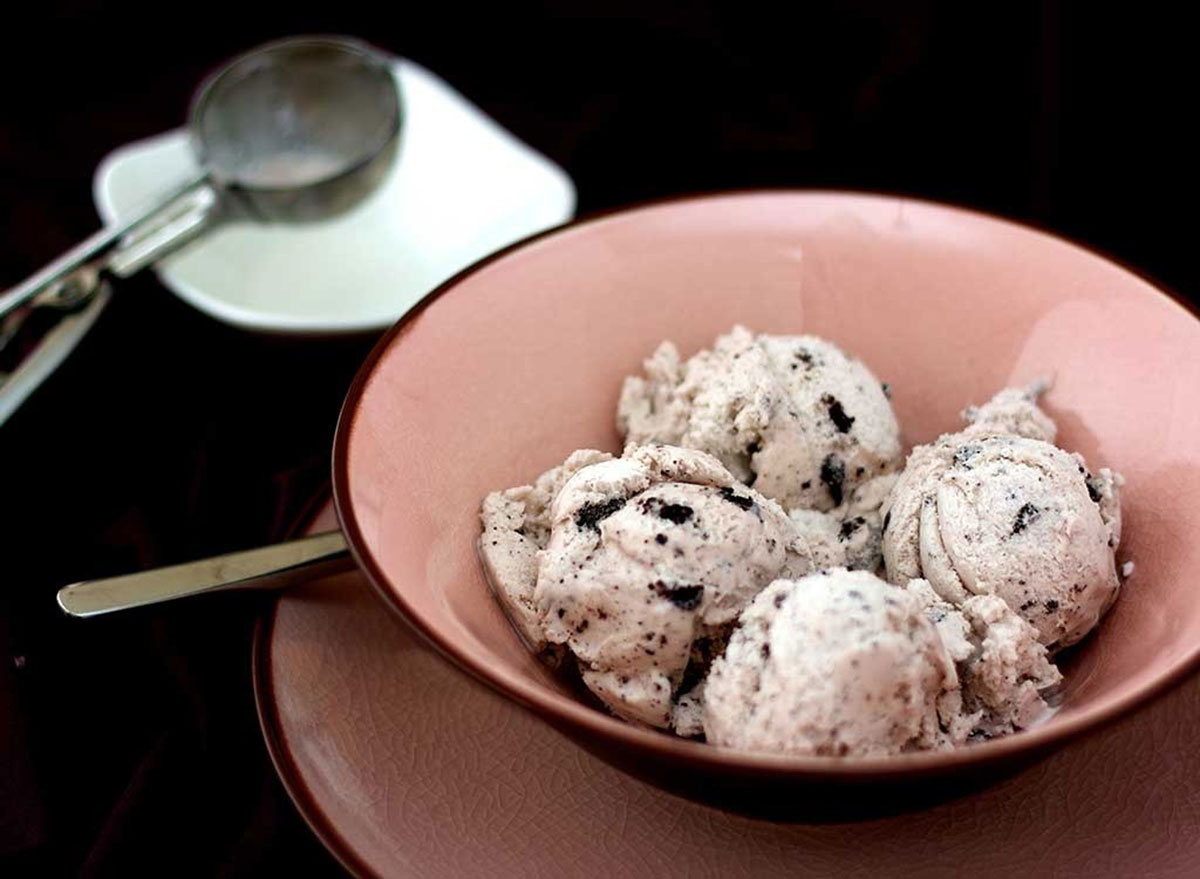
A viral message has erroneously claimed that avoiding ice cream and other cold foods will help keep you healthy amid the coronavirus outbreak. Obviously, this is not true.
Unicef communications employee Charlotte Gornitzka made clear in a statement: “A recent erroneous online message… purporting to be a Unicef communication appears to indicate that avoiding ice cream and other cold foods can help prevent the onset of the disease. This is, of course, wholly untrue.”
Myth: You Can Get COVID-19 From Fresh Fruit and Vegetables
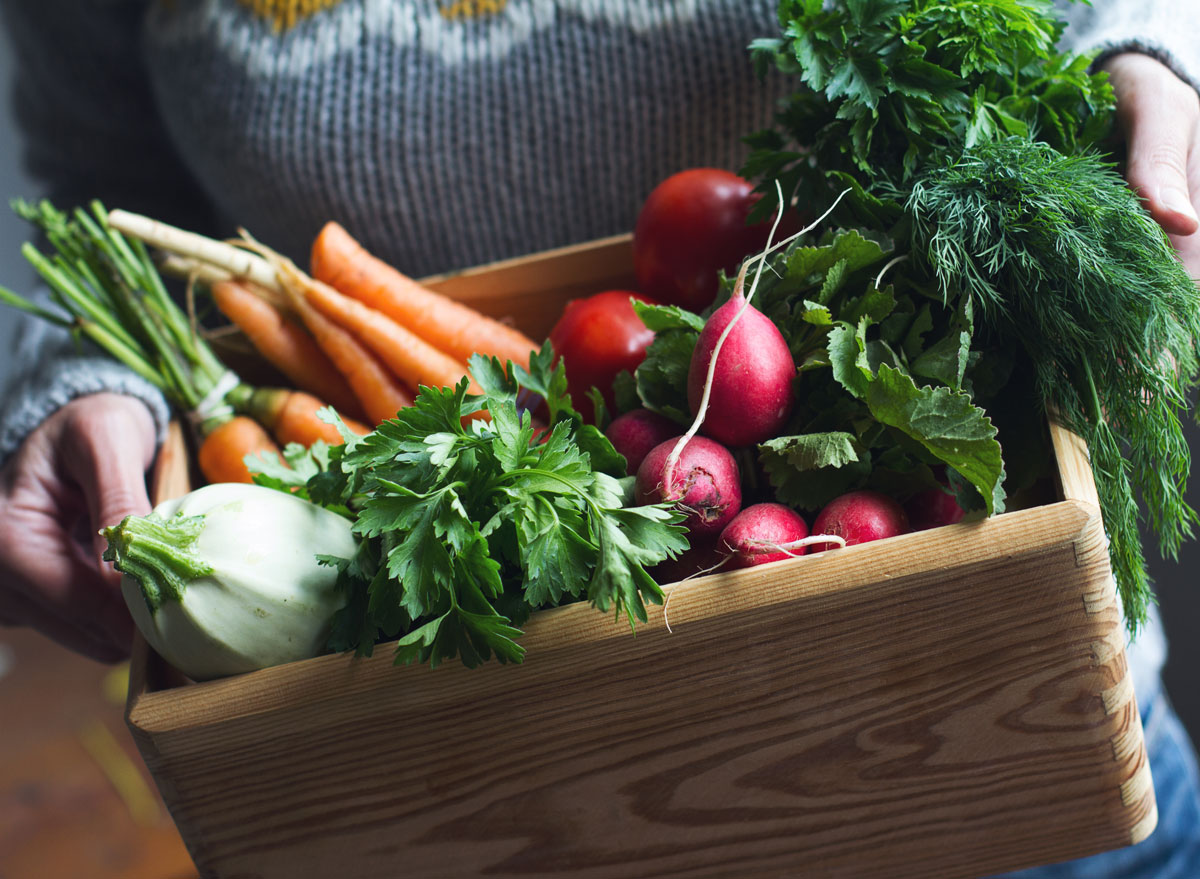
Nope! The United Fresh Produce Association says that, while the CDC and FDA have yet to make a specific statement regarding whether the virus is transmittable in produce such as fruits and veggies, there is currently ZERO evidence that it can be transferred via produce.
Myth: You Can Get COVID-19 From Chinese Food
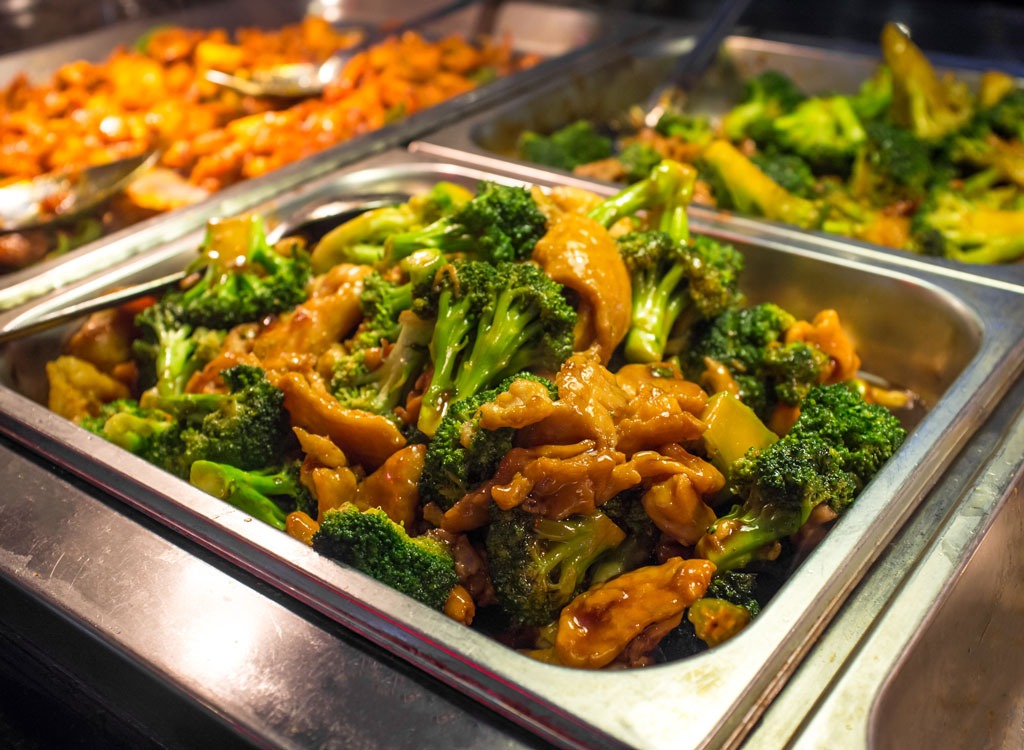
Come on! It is not possible to get coronavirus from Chinese food. Well, unless someone with coronavirus sneezes on your food before you consume it, but that holds true for every kind of cuisine. In fact, Chinese restaurants in America are hurting right now due to the not-so-subtle xenophobic fears related to COVID-19, so support your local Chinese restaurant and order delivery tonight.
Myth: You Must Stockpile Groceries in Order to Survive
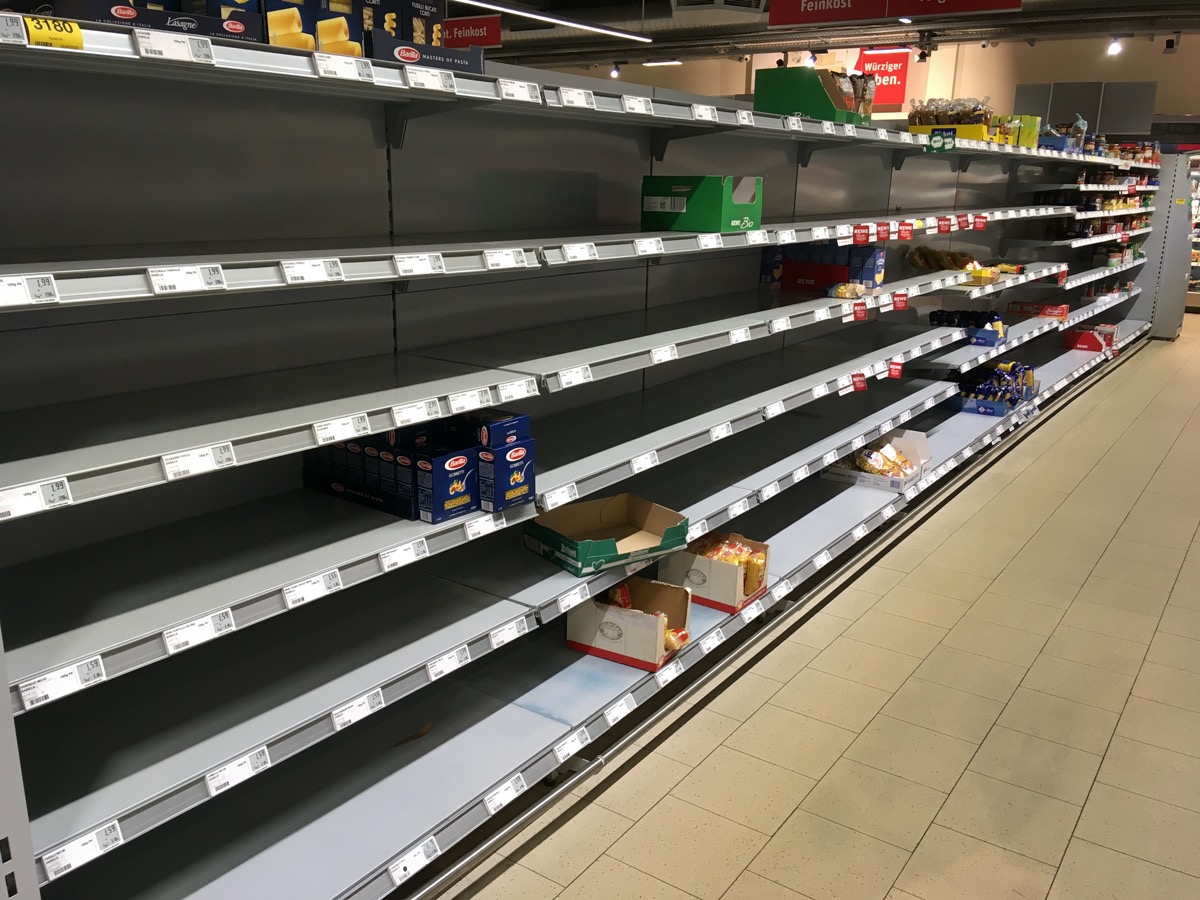
Nope, nope, and nope. Yes, there are stay-at-home orders and nonessential businesses are mostly closed. But! Grocery stores are now mostly restocked. It’s always wise to have a well-stocked kitchen, pantry, and refrigerator, but stockpiling or hoarding food is not just a bad idea for you, it’s bad for the community as well.
Go to the store and buy groceries, but do not clear out shelves or buy more than you need.
Myth: Leaving Groceries in Your Car for Over a Day Will Make Them Safer
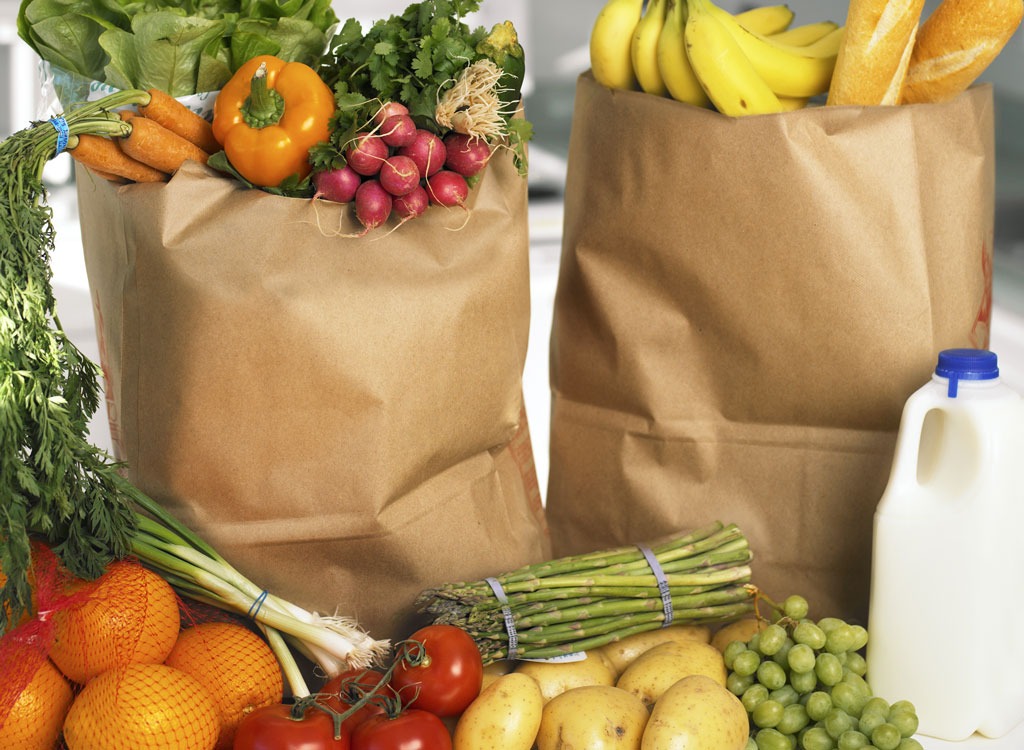
There is an ill-informed rumor on Facebook that leaving groceries in your car for a day or two will keep you safe from COVID-19. While technically, the virus can live on some surfaces for hours, the most likely way to get the contagion is from being near someone who has it.
Leaving your groceries in the trunk for a couple of days won’t make you any less likely to stay COVID-19-free. It will just leave with you wilted, stale, smelly food.
READ MORE: 15 Groceries Every Home Should Have Right Now